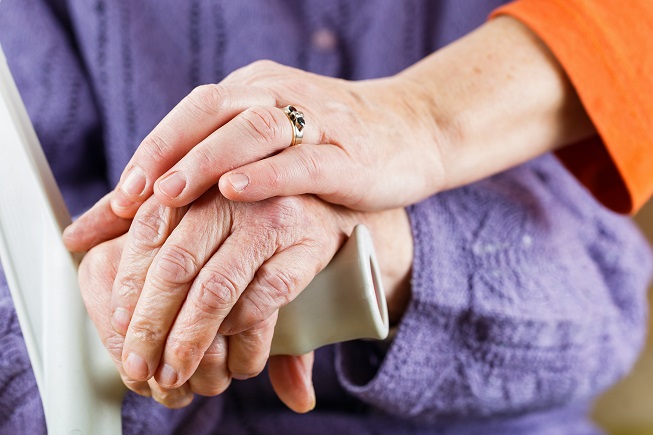Community Service and its Role in Improving Quality of Life for the Elderly and Disabled

It used to be that the elderly and disabled persons would move into nursing and care homes in order to have their needs, especially with regards to health, properly addressed. While this is still true, and facilities for those reasons are still important in our societies, it’s also becoming more commonplace for the elderly and disabled to choose to stay in their own homes or with family. One factor that’s contributed to this is the improvement of community services catering to the elderly and disabled across the country.
Here are some facts that can help you learn more:
What types of community services are available to you as an elderly or disabled patient?
There are a number of support services that you can avail of. You can apply to live in housing for seniors or care homes, but if you would prefer to stay in your own home, there are services that can help you stay independent such as nursing care as well as transportation, meals, and housework assistance. There’s also social support, because it’s important to strengthen community connections, and this usually involves social connection programs like home visits, group activities with other community members, peer support, and social phone calls.
One can also see these integrated in day-to-day life such as special parking schemes for the disabled and seniors, employment support for people with disabilities, mental health programs and support groups, the National Companion Card , and after-school care for youths with disability, among others.
The Australian Red Cross also has a personal alarm which is supposed to help bring peace of mind to those who live alone, especially those who are elderly or have a disability. Offered in Tasmania and the Australian Capital Territory, this is basically a personal alarm button worn as a pendant or wrist which the individual can press so that they can immediately contract the Red Cross. You may read all about it here. This program is available care of the National Disability Insurance Scheme (NDIS) and My Aged Care, which will be tackled below.
How do I know if I am eligible for these community services?
While there are options to pay for home-based aged care, the Australian government also provides financial assistance for those who pass a screening. Just visit the My Aged Care portal on www.myagedcare.gov.au to register and receive an assessment of your eligibility.
For those who are able to receive the government’s Home Care Package, there is a personal fee contribution (about $9.97 daily). That said, there is a waiting list, which is why some individuals may prefer to pay for their own home care.
People with disabilities can also gain eligibility to a number of services if they satisfy certain criteria like:
- Having a permanent disability (intellectual, cognitive, neurological, sensory or physical impairment, or a combination of these)
- Require significant and continuous daily care (self-care, communication, movement, decision-making, interaction)
- Is legally entitled to reside in Australia permanently
among others.
The abovementioned information is a boon to Australians (and permanent residents) of advanced age or living with disabilities who would prefer to maintain their independence by living on their own or with family or friends. Thanks to the Australian government and service providers, older citizens and the disabled can enjoy better quality of life.





 Helping the Elderly Adapt to Technology
Helping the Elderly Adapt to Technology